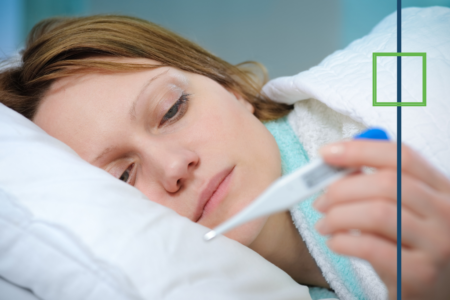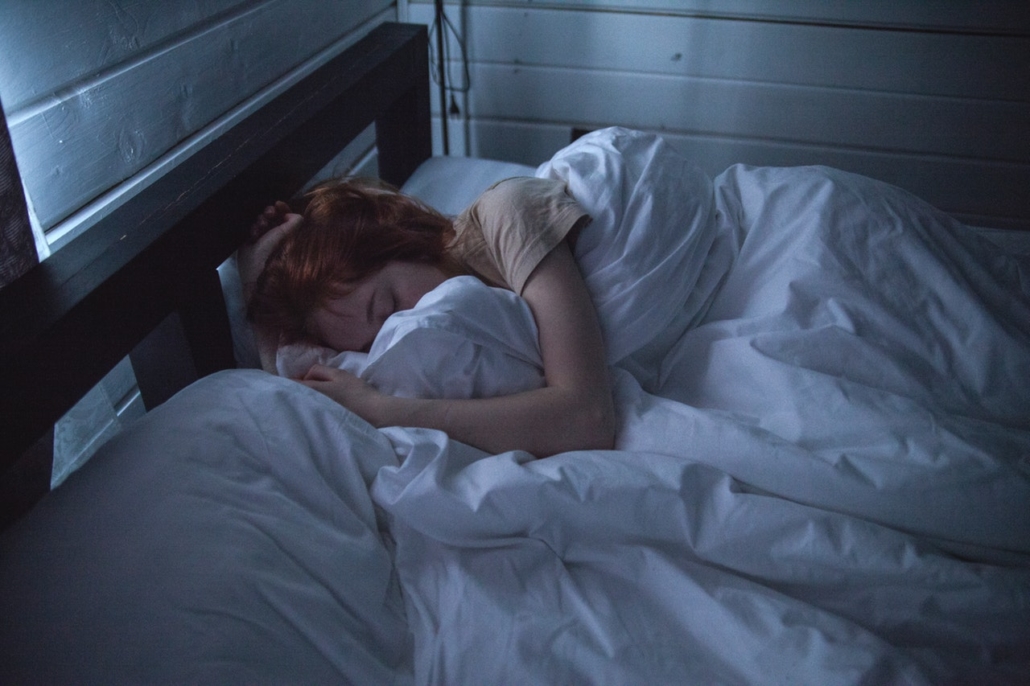Prescription drug addiction can be hard to beat. However, prescription drug detox can help users break their physical and psychological dependence on the drug. Prescription drugs have a high potential for causing addiction in some people, even when the medications are prescribed appropriately and taken as directed.
When used as prescribed by a doctor, prescription drugs can be helpful in treating many illnesses. Prescription drugs fall into three main classes:
- Stimulants help manage attention-deficit/hyperactivity disorder (ADHD) and narcolepsy.
- Central nervous system (CNS) depressants treat anxiety, panic, and sleep disorders.
- Opioids help to treat pain, coughing, and diarrhea.
Prescription drugs are one of the most commonly abused drugs in the US, especially painkillers and benzodiazepines. According to CDC (Center for Disease Control and Prevention) [1], in 2018, two percent of the US population, or roughly 15 million, age 12 years and over, suffer from nonmedical use of the psychotherapeutic drug.
Signs of Prescription Drug Addiction
It can be difficult to identify early addiction to prescription drugs symptoms. Daily routines and activities might not change at all. In fact, the person may seem completely normal at first. However, things do ultimately begin to break, and signs start to show. When they do, it is important that the individual and loved ones do not disregard the signs as something other than addiction.
General signs of prescription drug abuse include:
- Taking dosages greater than what was prescribed by their doctor
- Tolerance increase that leads to higher consumption to achieve the desired effect
- The person still has the desire to continue using the drug even after the original symptoms subside.
- Using other people’s prescription medication or suspicious behavior to obtain medication
- Creation of imaginary symptoms to obtain more medication
- Isolation from friends and family
- Noticeable mood swings and other strange behavior
- Lack of desire to explore with non-pharmaceutical drug treatment options
- Financial problems that may be the result of excessive drug purchases and use
Prescription Drug Detox is an unavoidable step to stop taking unnecessary painkillers or benzos.
Risks of Prescription Drug Addiction
When prescription drug addiction goes untreated, the risks are tremendous. Unfortunately, for most prescription drugs, the risk of overdose is very real. This is why identifying addiction and getting treatment as early as possible is crucial.
The longer an individual uses prescription medication, the greater a tolerance they may develop. This increased tolerance leads to increased dosages and almost inevitably dependence. Also, once this dependence is established and the drug is not available, the earlier withdrawal symptoms will begin with cravings and other uncomfortable conditions. The psychological dependency is significant and makes it nearly impossible to stop using, even if the desire is there.

Prescription Drugs Withdrawal
Each type of drug can create a physical and chemical dependence, making changes in the brain that take time to reverse. Withdrawal happens when the drug use is discontinued, or quantities are reduced. Withdrawal symptoms can vary from mild to severe, and they can even be life-threatening if not handled correctly and cautiously.
During withdrawal, the body tries to regulate itself back to its original state before relying on prescription drugs and painkillers to function. However, withdrawal can be painful to go through if it is not done safely and properly.
Withdrawal Symptoms Depend On
- The range of the addiction. If prescription drugs and painkillers are taken daily for an extended period, this results in greater tolerance, resulting in more severe withdrawal symptoms.
- The half-life of the drug. If the prescription drug is fast-acting, the person may experience withdrawal symptoms shortly after the first dose they missed. If it’s slow-acting, the symptoms may be paused by a couple of days.
- The prescribed dosage. This means that, the higher the prescription drug dosage, the more likely a person is to experience severe withdrawal symptoms.
- Any mental or physical disorders. If a person suffers from a co-occurring disorder, such as anxiety or depression, or a physical condition, such as severe pain, a person’s withdrawal symptoms are likely to be severe as well.
Symptoms of Stimulant Withdrawal
- Difficulty sleeping
- Depression
- Intense dreaming
- Suicidal thoughts and tendencies
- Anxiety
- Aggression
- Tremors
- Stomach pains
- Sweating
- Seizures
- Fever
Symptoms of Opiate Withdrawal
- Fatigue
- Insomnia
- Excessive sweating
- Anxiety
- Muscle aches and spasms
- Paranoia
- Nausea
- Aggression
- Abdominal cramping
- Rapid heartbeat
- High blood pressure
- Dilated pupils
- Irritability
- Inability to concentrate
- Seizures
Symptoms of Antidepressant Withdrawal
- Anxiety
- Depression
- Mood swings
- Dizziness
- Fatigue
- Seizures
- Loss of coordination
- Headache
- Flu-like symptoms
- Nightmares
- Nausea
- Vomiting
- Restlessness
- Muscle spasms
Natural Prescription Drug Detox Methods

There are several ways on how to detox your body from prescription drugs naturally. In fact, these Prescription Drug Detox methods include nutrient-rich diets or detoxifying practices like yoga, massage, acupuncture, and chiropractic care. The most apparent method of naturally detoxing from prescription drug medications is just allowing time and rest to do its thing. Detoxing from some prescription drugs can be dangerous. However, being calm and letting time pass while your body naturally detoxes is reasonable for those that produce uncomfortable symptoms.
Prescription Drug Detox Program Benefits
A prescription drug detox program is beneficial for anyone who is trying to overcome this type of addiction. These programs can provide medical interventions when necessary and provide physical and psychological barriers to lower the risk of relapse. Specific benefits include:
- 24/7 monitoring
- Medical interventions
- Access to alternative therapies
- Licensed addiction professionals
- Individualized treatment plans
Medically Assisted Prescription Drug Detoxification
Often, withdrawal symptoms are so severe that those struggling with an addiction to prescription drugs returned to use within 24 hours. The key to succeeding in this obstacle is a medically supervised detox where withdrawal symptoms can be identified and treated immediately.
When the pain and anxiety from withdrawal begin, this can be too much to tolerate for many people. In most circumstances, this is the leading cause of relapse. Moreover, medically Prescription Drug detox is a crucial first step towards the recovery journey. Through proper medical treatment and continuous support through therapy, the person is more likely to be successful in a life of sobriety. Prescription Drug Detox is essential to treat the withdrawal medically but with treatment simultaneously to ensure proper recovery.
We Level FL Mental Health Center: Primary Mental Health Treatment with Secondary Co-Occurring Treatment
We Level Up FL primary mental health center stands ready to help. Offering secondary treatment therapy for underlying problems like Prescription Drug Addiction often fuels negative behaviors. Taking that first step to get the help you deserve can be life-changing.
We understand how behavioral disorders and secondary co-occurring addiction diagnoses directly impact each other. We Level Up Florida can instill a support system through our mental health treatments that can make you feel valuable. Call us now for a free mental health assessment!
Inpatient medical detox and residential primary addiction treatment may be available at our affiliated facility at Level Up Treatment West Palm Beach.
Sources
[1] CDC Prescription Drug Detox – https://www.cdc.gov/nchs/fastats/drug-use-illicit.htm
